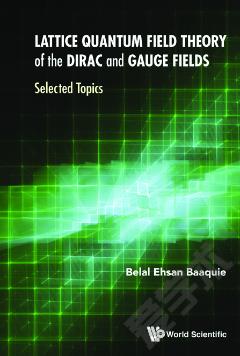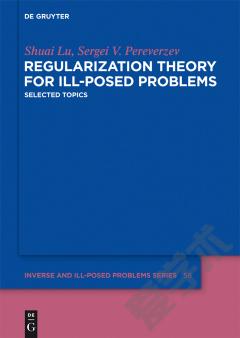Selected Topics in the Theory of Divergent Series and of Continued Fractions
Few more notable instances of the difference between theoretical and practical mathematics are to be found than in the treatment of divergent series. After the dawn of exact mathematics with Cauchy the theoretical mathematician shrank with horror from the divergent series and rejected it as a treacherous and dangerous tool. The astronomer, on the other hand, by the exigencies of his science was forced to employ it for the purpose of computation. The very notion of convergence is said by Poincaré* to present itself to the astronomer and to the mathematician in complementary or even contradictory aspects. The astronomer requires a series which converges rapidly at the outset. He cares not what the ultimate character may be, if only the first few terms, twenty forexample, suffice to compute the desired function to the degree of accuracy required. Consequently he judges the series by these terms. If they increase, the series is for him non-convergent. To the mathematician the question is not at all concerning the nature of the series ab initio, but solely concerning its ultimate character.
{{comment.content}}








 京公网安备 11010802027623号
京公网安备 11010802027623号